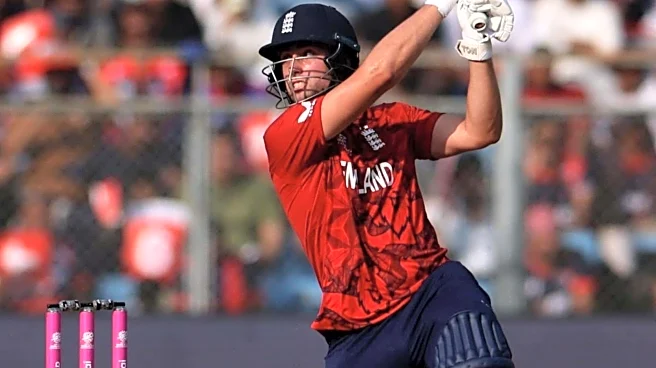Who doesn’t like drinking coffee? Whether you have it to help wake you up every morning to keep yourself energised, coffee, the most consumed beverage across the world, has numerous fans. However, you may
sometimes feel confused whether it is good for your health or not – especially if you have heart disease. However, the good news is that it is great for your heart. While for decades caffeine has been painted as a heart troublemaker, that may soon be a thing of the past. Scientists are now urging people to go on that caffeine trip because it could actually be good for their hearts. Recently, a first-of-its-kind clinical trial was conducted, and researchers have found that a daily cup of caffeinated coffee may actually protect the heart. The findings of the trial, led by researchers from UC San Francisco and the University of Adelaide, said that drinking coffee every day reduces the risk of Atrial fibrillation or A-Fib. The study, published in the journal JAMA Network, said coffee worked best against the condition - an irregular and often rapid heart rhythm that causes symptoms like palpitations, fatigue, and breathlessness - and significantly increases the risk of stroke and heart failure. It is caused by chaotic electrical signals in the upper chambers of the heart – known as atria, which leads to ineffective blood pumping and can cause blood clots to form. Till now, those with A-Fib were advised not to drink caffeine out of fear that it may trigger symptoms. However, this trial – named DECAF - concluded that drinking a cup of caffeinated coffee a day reduced the deadly condition by 39 per cent.
What do the experts say?
According to the scientists, coffee is instrumental in increasing physical activity, which reduces atrial fibrillation. Since caffeine is a diuretic, it potentially reduces blood pressure and, in turn, lowers the risk of A-Fib. “There are many other ingredients in coffee that also have anti-inflammatory properties with positive effects,” said senior author Dr Gregory M. Marcus, who holds the Endowed Professorship in Atrial Fibrillation Research and is an electrophysiologist at UCSF Health.
How was the study conducted?
To know what effects coffee has on those with A-Fib, researchers enrolled 200 coffee-drinking patients with persistent atrial fibrillation, or a related condition known as atrial flutter, along with a history of A-Fib. These participants were scheduled for electrical cardioversion, which delivers a single electrical shock to shift the heart into a normal rhythm. The researchers randomly assigned them either to consume at least one cup of caffeinated coffee or an espresso shot each day, or to abstain from coffee and other caffeine-containing products for six months. They found that the participants who consumed coffee had a 39 per cent lower risk of recurrent A-Fib episodes. There were also additional anti-inflammatory effects. The researchers speculated that drinking coffee might also reduce the risk of A-Fib simply by leading people to consume fewer unhealthy beverages. “The results were astounding. Doctors have always recommended that patients with problematic A-Fib minimise their coffee intake, but this trial suggests that coffee is not only safe but likely to be protective,” said first author Dr Christopher X. Wong of UCSF and the University of Adelaide and Royal Adelaide Hospital.

/images/ppid_a911dc6a-image-176274285659819283.webp)






/images/ppid_a911dc6a-image-177061362959192727.webp)





